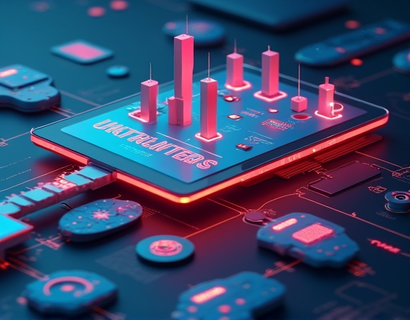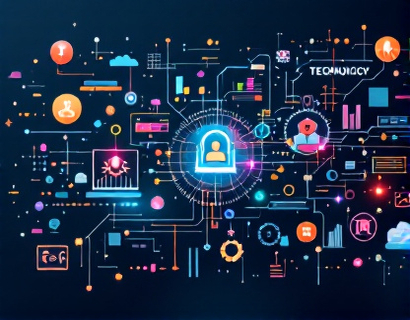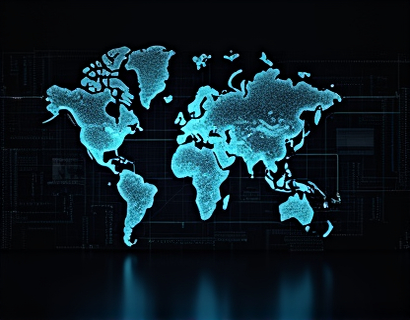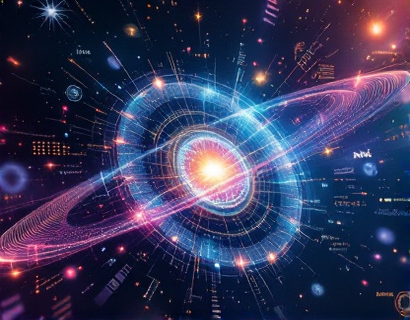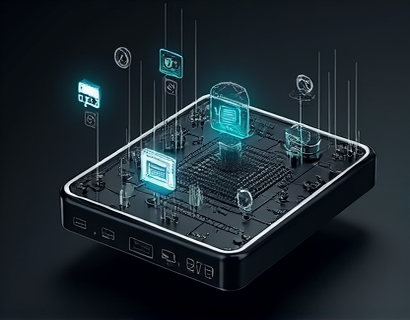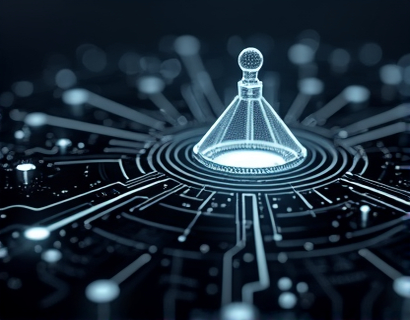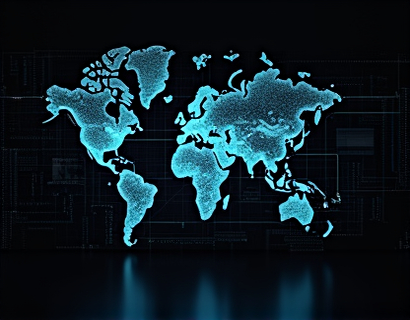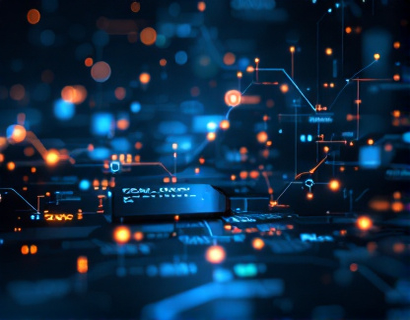Decentralized DAO Launch: Streamline Autonomous Venture Creation with Advanced Tools and Resources
The emergence of Decentralized Autonomous Organizations (DAOs) represents a paradigm shift in the way businesses and ventures are created and managed. By leveraging blockchain technology and smart contracts, DAOs offer a novel approach to governance, ownership, and operation, enabling a more transparent, inclusive, and efficient model for autonomous ventures. This article delves into the process of launching a DAO, highlighting the advanced tools and resources that streamline this complex but rewarding endeavor.
For tech innovators and entrepreneurs, the allure of DAOs lies in their potential to revolutionize traditional business structures. A DAO is essentially a self-governing organization where decisions are made by community members through decentralized voting mechanisms. This model not only democratizes decision-making but also reduces the need for intermediaries, thereby lowering costs and increasing transparency. However, the journey to establishing a DAO is not straightforward, involving intricate steps and requiring a robust set of tools and resources.
The first step in launching a DAO is to define the purpose and scope of the organization. This involves identifying the specific goals, target audience, and the type of autonomous venture you wish to create. Whether it's a decentralized finance (DeFi) project, a content creation platform, or a community-driven initiative, a clear vision is essential. This foundational step sets the stage for the subsequent phases and ensures that all stakeholders are aligned from the outset.
Once the purpose is defined, the next critical step is to choose the appropriate blockchain platform. Different blockchains offer varying features and capabilities, and selecting the right one is crucial for the success of your DAO. Ethereum remains the most popular choice due to its extensive smart contract ecosystem and large developer community. However, other platforms like Binance Smart Chain, Solana, and Polkadot offer compelling alternatives, each with their own advantages in terms of scalability, cost, and interoperability.
With the blockchain platform selected, the next phase involves designing the governance structure of the DAO. This includes determining the decision-making processes, voting mechanisms, and the roles of different stakeholders. A well-designed governance framework ensures that the DAO operates efficiently and fairly, fostering trust among members. Tools like Governance Components and DAOstack provide comprehensive templates and frameworks to help design a robust governance system.
Smart contracts are the backbone of any DAO, automating and enforcing the rules and operations of the organization. Writing and deploying smart contracts require a deep understanding of programming languages like Solidity for Ethereum or Vyper for Binance Smart Chain. To simplify this process, platforms such as Truffle Suite and Hardhat offer development environments and testing frameworks that streamline the creation and deployment of smart contracts. These tools not only enhance productivity but also reduce the risk of errors and vulnerabilities.
Funding is a critical aspect of launching a DAO, and initial coin offerings (ICOs) or decentralized autonomous fundraisers (DAFs) are common methods to raise the necessary capital. These fundraising mechanisms allow community members to purchase tokens that represent ownership and voting rights within the DAO. To ensure a successful fundraising campaign, it's essential to create a compelling white paper that outlines the project's vision, technical details, and financial plans. Platforms like OpenExplorer and Dune Analytics provide valuable insights and analytics to help craft an effective white paper and track the fundraising progress.
Marketing and community building are vital components of a DAO's success. A strong community not only provides the necessary support and engagement but also drives the adoption and growth of the venture. Utilizing social media, blockchain forums, and specialized platforms like Discord and Telegram can help build a vibrant and active community. Content creation, including blog posts, videos, and webinars, plays a crucial role in educating potential members and stakeholders about the benefits and workings of the DAO.
To further enhance the community-building efforts, gamification and incentive programs can be implemented. These programs reward active participation and contributions, encouraging members to engage more deeply with the DAO. Tokens can be used as rewards for voting, content creation, and other valuable activities, fostering a sense of ownership and motivation among community members. Tools like Aragon and MakerDAO's governance tokens provide frameworks for designing and implementing these incentive mechanisms.
Once the DAO is launched, ongoing management and maintenance are essential to ensure its continued success. This involves monitoring the performance of smart contracts, addressing any security concerns, and facilitating regular governance meetings. Automated tools and dashboards can help streamline these tasks, providing real-time insights and alerts. Platforms like Blocknative and Governance.rs offer comprehensive solutions for managing and monitoring DAOs, ensuring that the organization remains agile and responsive to the needs of its members.
Another critical aspect of managing a DAO is compliance and legal considerations. While blockchain and decentralization offer many advantages, they also introduce new regulatory challenges. Ensuring that the DAO adheres to relevant laws and regulations, such as anti-money laundering (AML) and know-your-customer (KYC) requirements, is paramount. Legal frameworks and consulting services specialized in blockchain and DAOs can provide guidance and support to navigate these complexities.
Innovative tools and resources are continuously emerging to support the DAO ecosystem, making the launch and management process more accessible and efficient. For instance, decentralized exchange (DEX) integrations enable seamless token trading and liquidity provision, while decentralized finance (DeFi) protocols offer advanced financial services such as lending, borrowing, and yield farming. These integrations not only enhance the functionality of the DAO but also attract a broader range of users and investors.
Looking ahead, the future of DAOs is promising, with ongoing developments in blockchain technology and increasing adoption across various industries. As more organizations recognize the benefits of decentralized governance and autonomous operations, the demand for advanced tools and resources to facilitate DAO creation will continue to grow. By leveraging these tools and resources, tech innovators and entrepreneurs can streamline the process of launching and managing DAOs, unlocking new possibilities for innovation and collaboration in the decentralized space.




